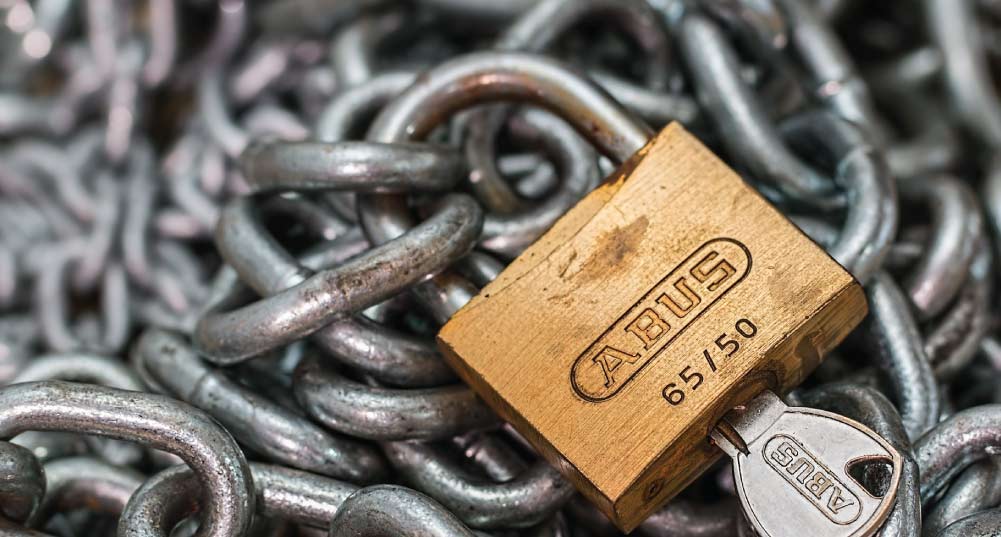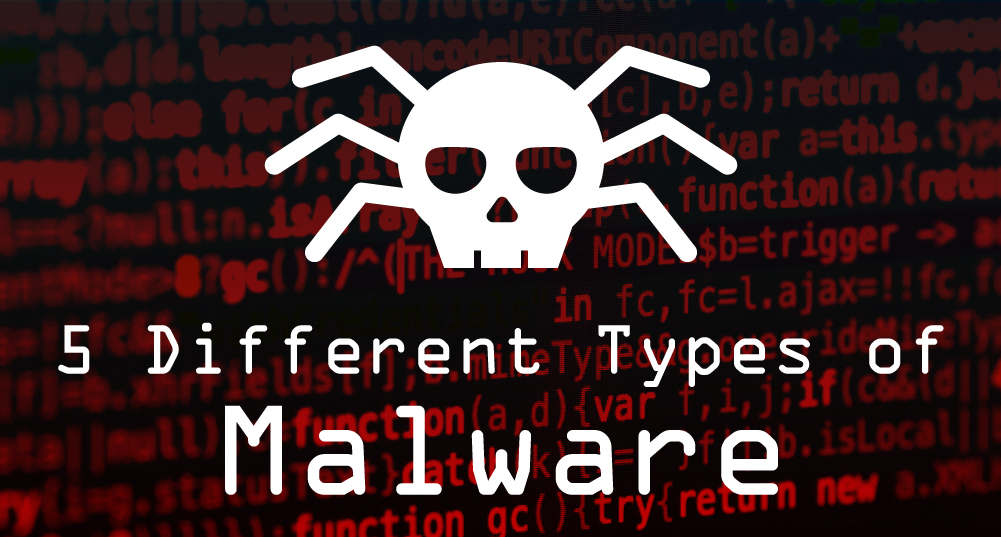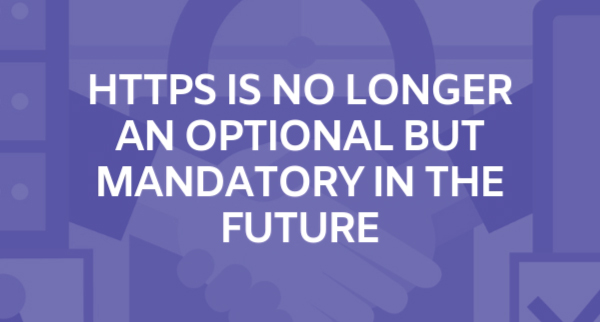Advanced Steps to Increase Web Security Website security is a challenging issue and is extremely important to protect your customers. Every website must be at least doing these basic steps to protect their customers from common web security threats. However, there are some advanced steps you can take to ensure a higher level of...
Is Your Website Safe Against These Common Security Threats?
Understand the Importance of Website Safety A website is an important customer touchpoint for many businesses. Therefore, website security is critical because it increases the trust of customers. Poor website security will result in a data breach and the loss of customer trust, which must be prevented. The trust of customers is crucial to...
How to Increase Web Security for the Holiday Season
Holiday Season and Web Security The year-end holiday season is upon us. There will be many sales and promotions, and many people love to take the opportunity to buy the items on their wish list during this period. Gift-givers are also taking the opportunity to purchase gifts at a discount. Some people will even...
Free SSL vs Paid SSL Certificate
There are two types of SSL Certificate in the market, which are Free SSL and Paid SSL. As the name implies, companies can get Free SSL Certificate without paying any money, whereas they must pay for a Paid SSL Certificate. However, the level of encryption of both Free SSL and Paid SSL are the...
What Is Website Security Management
Website Security Management is any application or action taken to prevent website data exposed to cybercriminals or to secure your websites data in any way. It might cause website owner a costly clean up or decrease your online presence value in a sense that discourage visitors from re-visiting the website if the website owner...
4 Tips to Secure Your Website Online
Is your website vulnerable to be attack by cybercriminals? Can you assure that your website visitors’ data is safe from being steal when they visiting your website? How secure it is your website to prevent these attacks from cybercriminals? It is getting important for website owner to protect their visitor data information nowadays from...
5 Different Types of Malware
Breaking Down 5 Different Types of Malware that Every Small Business Should Know Modern malicious software — or malware for short — has reached unprecedented levels of sophistication, and as the attack landscape continues to evolve, new threats will undoubtedly emerge. Malware affecting websites poses a special danger to businesses. Malware attacks...
5 tips to build trust on your web store
1) Include detailed information about your company When buying things online, the biggest concern of customers is whether it is a legit company behind the website, and how can they contact the company if they encounter problem. Thus, the best way to prove that you run a legitimate business is by including a detailed...
HTTPS Is No Longer Optional But Mandatory In The Future
Back in July 2018, Google started to marks all websites that do not have an SSL certificate as “Not Secure” in Chrome version 68, which means when you visits a website that start with only HTTP but not HTTPS, you’ll be seeing a “Not Secure” notification beside the URL bar. As we all...
5 Reasons to choose WebNIC as your Domain & SSL supplier
1) A company you can trust Our company has been established since 2000, accumulated more than 18 years of experience of providing world class sales & services in domain name and SSL industry. We are an internationally recognized brand with offices in Singapore, Taiwan and Malaysia, serving over 4,000 Resellers World-wide. We had won...










